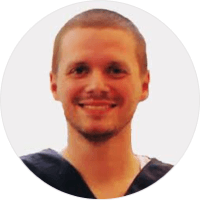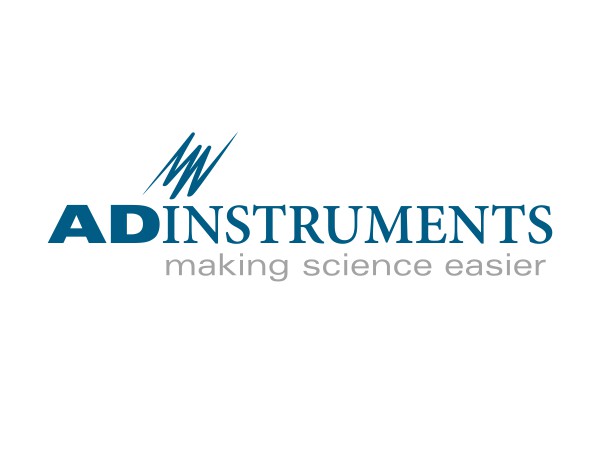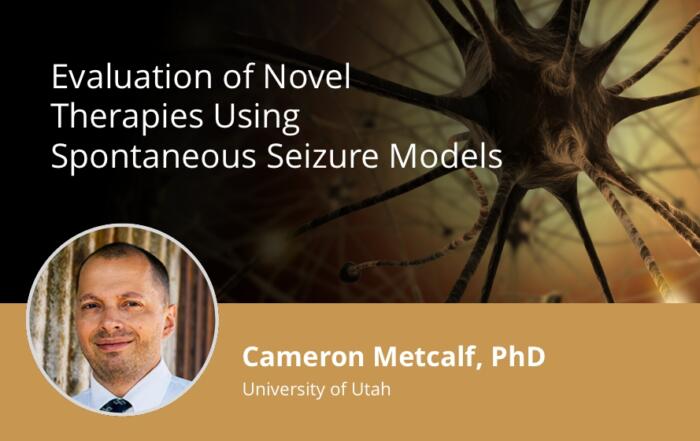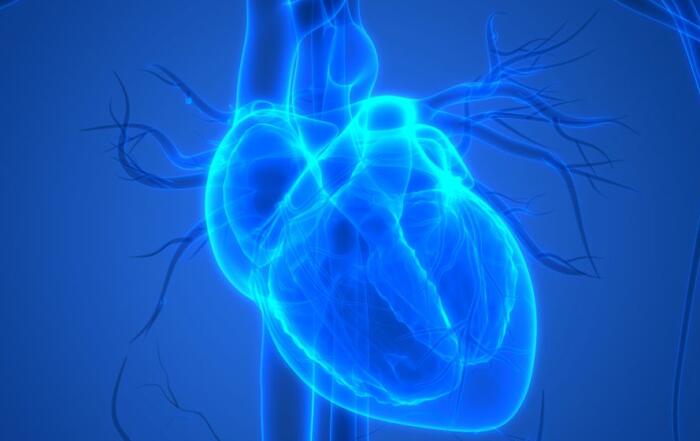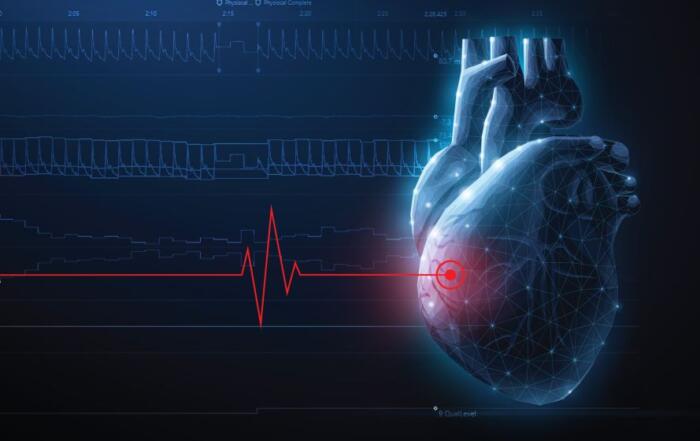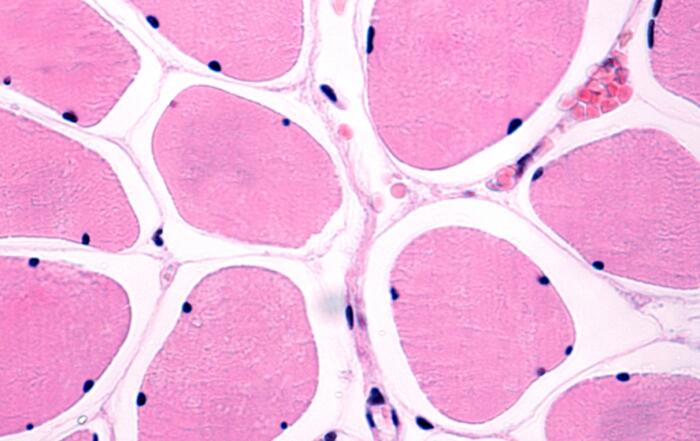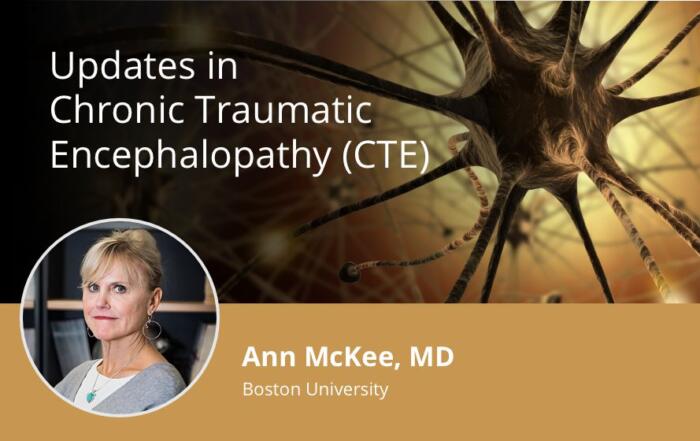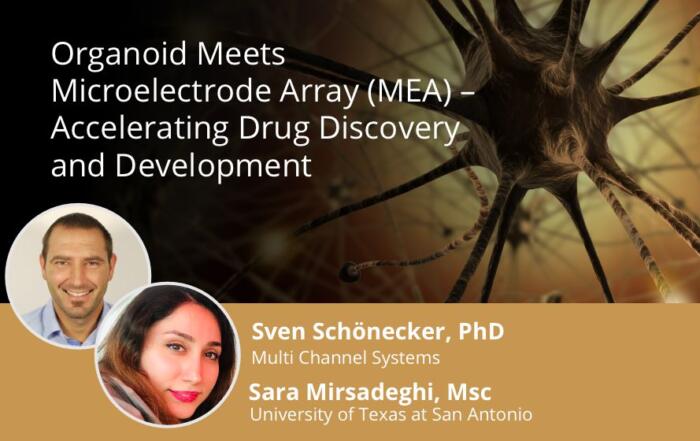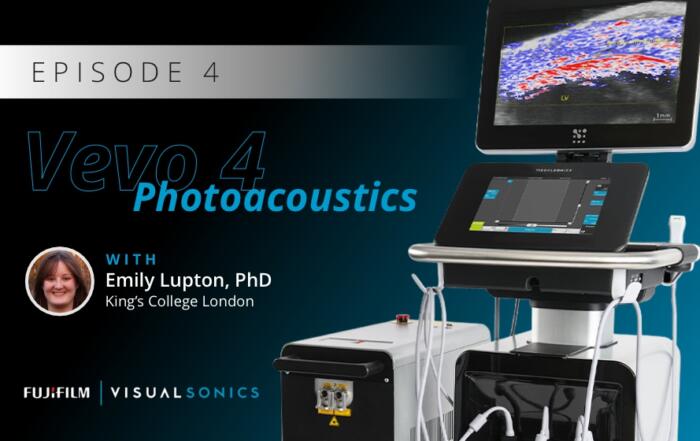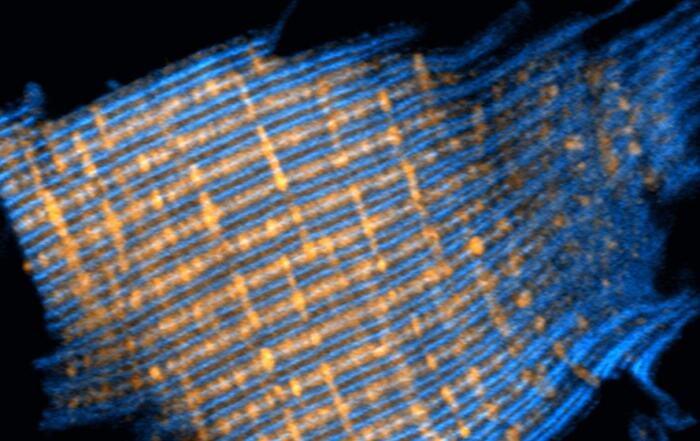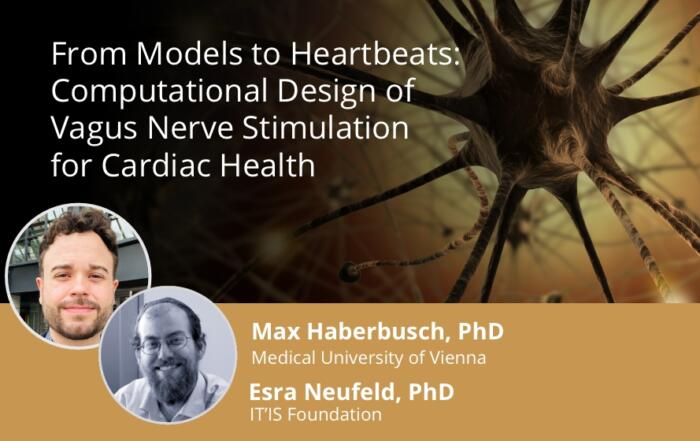Dr. DeWayne Townsend and Dr. Adam Goodwill discuss the fundamentals of pressure-volume loop analysis as a means to study cardiac function.
In this American Physiological Society (APS) webinar produced in partnership with ADInstruments, DeWayne Townsend, DVM, PhD and Adam Goodwill, PhD discuss how to collect and analyze quality pressure-volume loop data.
Specifically, they discuss why PV loops are considered the gold standard for measuring cardiac function in vivo, what equipment is required to collect PV loop data, and how to minimize variability in your data. The focus of the webinar is on data analysis – DeWayne and Adam demonstrate how to analyze load-independent measures of function and discuss what the data mean.
Key Topics Include:
- Why PV loops? What are the alternatives (e.g. echo, MRI, etc.) and how do PV loops compare?
- Why is the Starling effect important?
- Load independent measures: what are they and how are they measured? How are data analyzed and what do they mean?
- Equipment basics: what do you need to record PV loop data?
- What causes variability and how do you mitigate it?
Resources
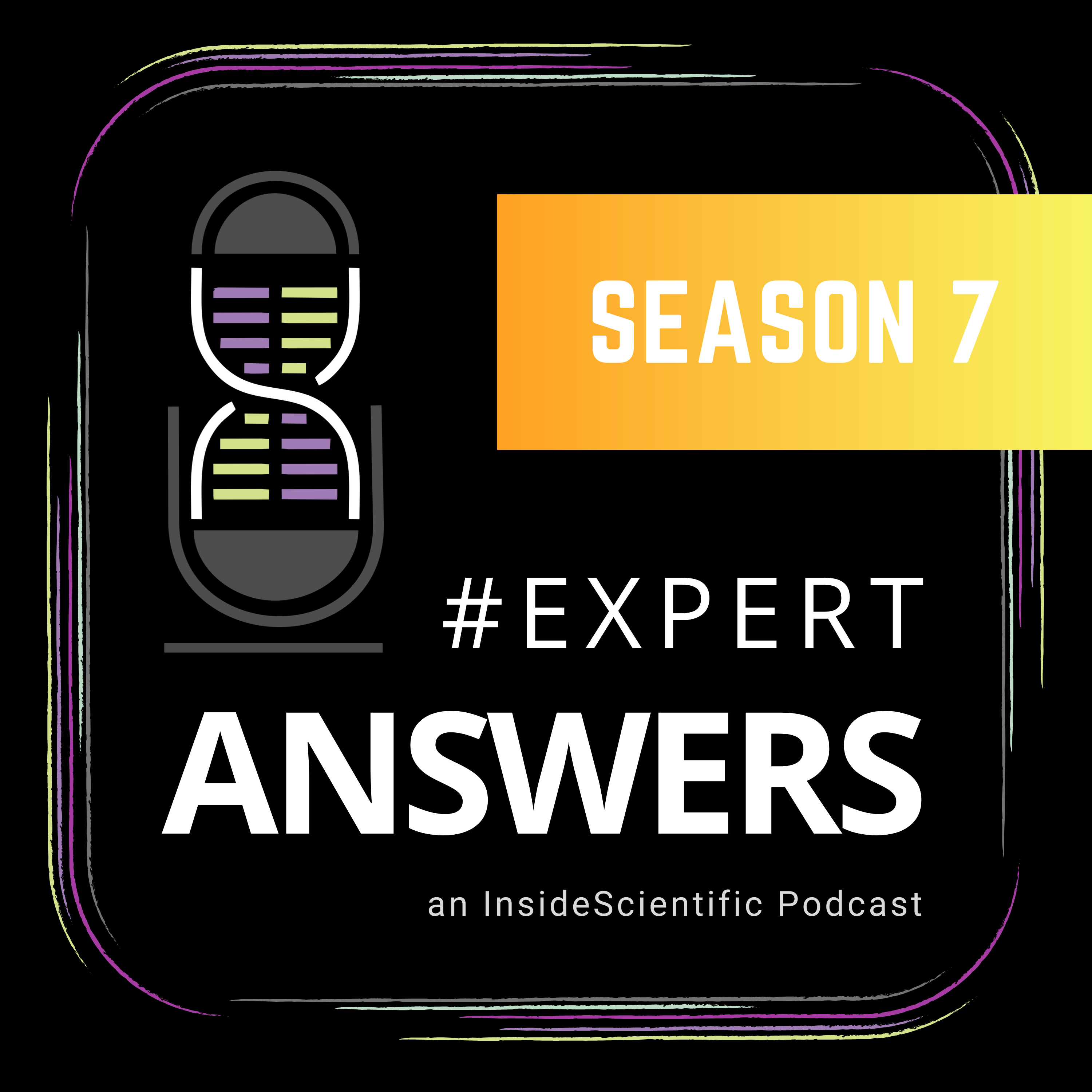
To retrieve a PDF copy of the presentation, click on the link below the slide player. From this page, click on the “Download” link to retrieve the file.
Presenters
Associate Professor
Department of Integrative Biology and Physiology
University of Minnesota Medical School
Assistant Research Professor, Anatomy Cell Biology & Physiology
School of Medicine
Indiana University


